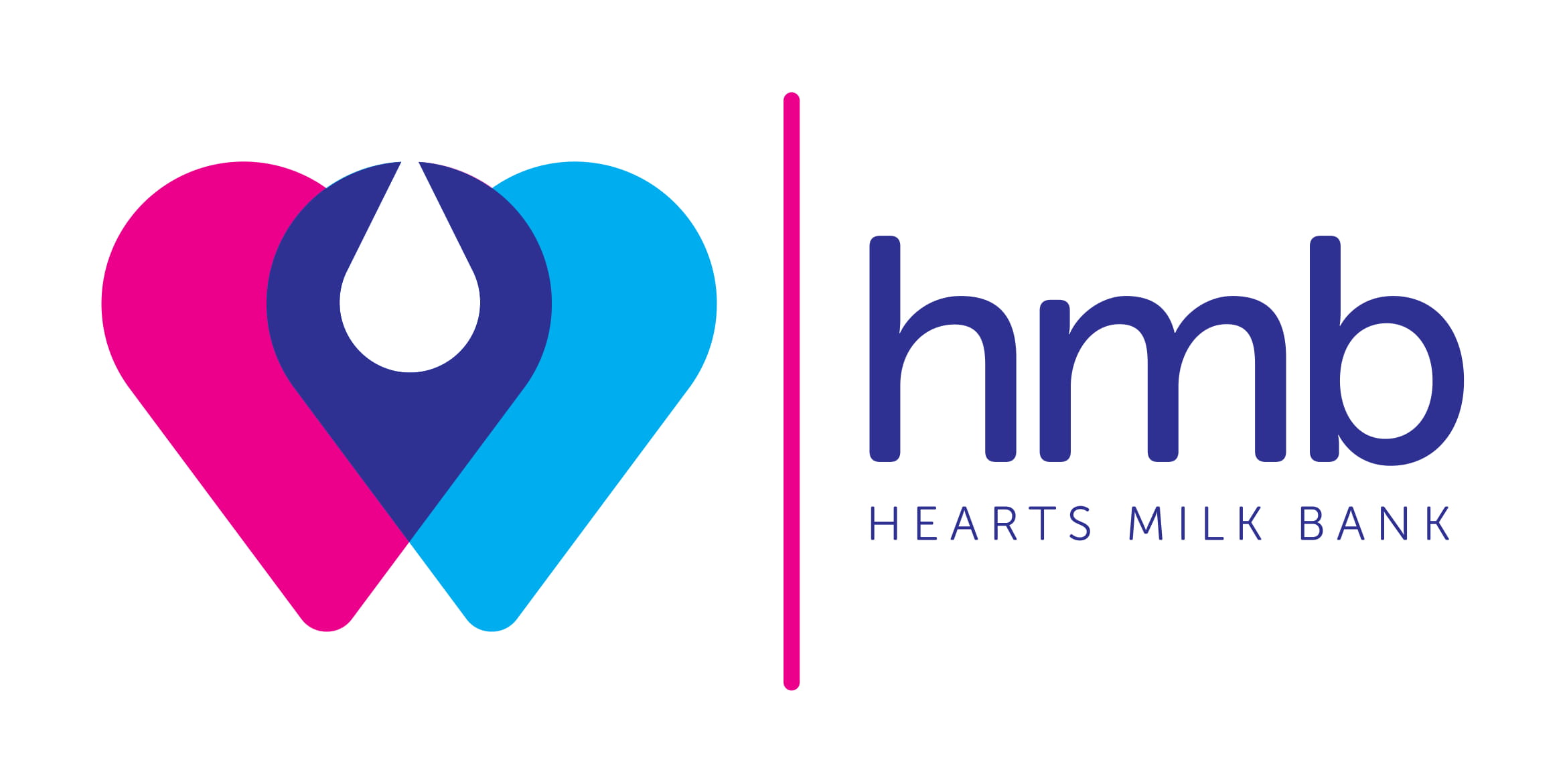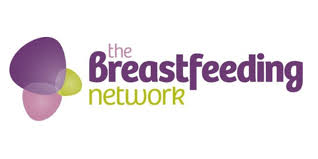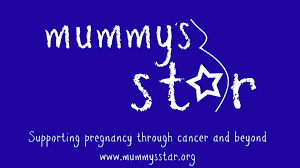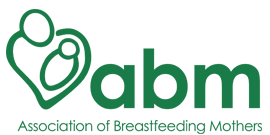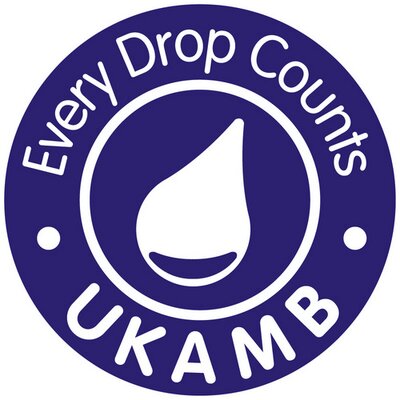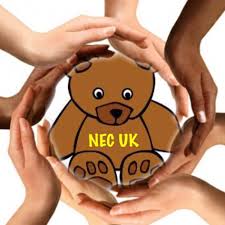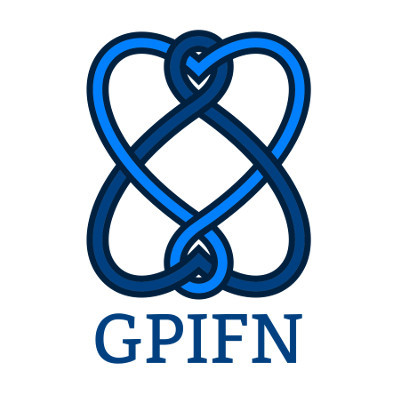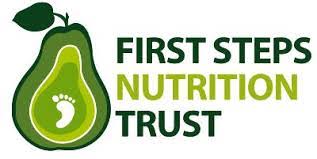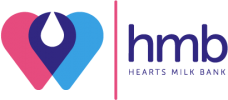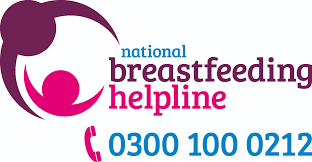Given the increasing concern around the new Coronavirus developing in China (called nCov-2019), the HMB team consulted the consultant microbiologist who advises us on screening last Thursday. This is obviously a developing situation and there are currently no confirmed cases in the UK. However, given news over the weekend, we felt it important to publish a statement on the issue as it relates to donor screening and milk bank operations. Safety is always foremost in every decision about donor milk, including in the screening of donors. Even though no cases have been confirmed in the UK it is essential that we have policies in place that will prevent harm occurring should this change.
Our approach is as follows:
1) Little is known about how easily this virus communicates, and news over the weekend indicates that nCov-2019 seems to have a higher rate of transmissibility than previously thought (meaning it is more infectious). Also the virus appears to be communicable between people before symptoms occur.
2) Our current screening for prospective milk donors already includes questions about countries they or their partners have visited, and additional questions were introduced in 2016 after Zika virus emerged in South America. For the moment, we will be ask prospective milk donors if they have had contact with anyone newly arrived from China and other affected areas, and find out more details from each donor in this situation. It is likely that we will pause recruitment for 2 weeks for these mothers to ensure they do not become ill within this time window. This map shows the most highly affected areas and is updated in real time, and we will keep referring to it for the moment: https://gisanddata.maps.arcgis.com/apps/opsdashboard/index.html#/bda7594740fd40299423467b48e9ecf6
3) We don’t as yet know whether nCov-2019 is in milk and whether it would be infectious if it were. Other types of coronavirus are destroyed bypasteurisation and therefore it is likely this one would be too. However, this emphasises the need for good hygiene when handling milk in the lab and our team has this week undergone refresher training earlier than planned.
4) If milk bank team members or individuals who play supporting roles (e.g., SERV riders, volunteers) have been in contact with anyone arriving back from an affected area then they have been asked to contact the milk bank Director before coming into the milk bank.
We will keep you all posted, and sincerely hope that public health measures globally will prevent the further spread of this virus within the next few days and weeks.
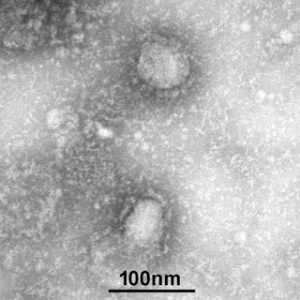 Novel coronavirus as seen by transmission electron microscopy.
Novel coronavirus as seen by transmission electron microscopy.

